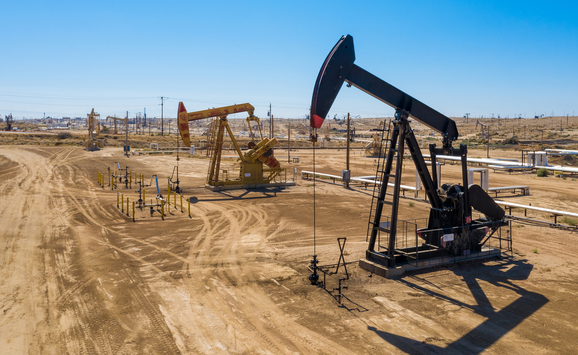My colleague Joel Darmstader makes good points on politicians' fixation on "energy independence" and it's emptiness as a policy goal due to the global interconnectedness of energy markets. Energy economists have been making these points for years but they're worth reiterating.
But even setting aside Joel's criticisms, no policy is likely to achieve energy independence anytime soon. This is because when politicians talk about energy independence, what they almost always mean (as Joel notes) is ending dependence on imported oil. While U.S. oil production has increased in recent years due to new technologies and the opening of new resources, the primary change in the U.S. energy production picture is the boom in natural gas production, primarily from shale.
But natural gas isn’t a good substitute for oil—we currently use the two for very different things (gas for electricity generation and heating, oil as a transportation fuel). This means that increased domestic natural gas production does little if anything to achieve energy independence as commonly understood. In fact, if natural gas exports become a reality, the US will be tied even more closely into the global energy economy. That’s not a bad thing—energy exports could both boost the U.S. economy and, as Joel points out, reduce market volatility. But it’s not independence by any definition.
There is also a growing consensus among economists that there won't be a very large world market for U.S. gas because there are large shale and tight gas fields to be exploited all over the world, and transport, liquefaction and re-gasification costs to get U.S. gas to foreign markets are pretty high relative to production costs. If this is correct, then domestic gas prices will probably remain low, and one could claim that the country had achieved natural gas independence, of a sort.
But this wouldn't matter for independence from oil markets, with their geopolitical implications and key role in politically-sensitive gasoline prices - at least not until and unless natural gas (or electricity) becomes a widespread transportation fuel.





